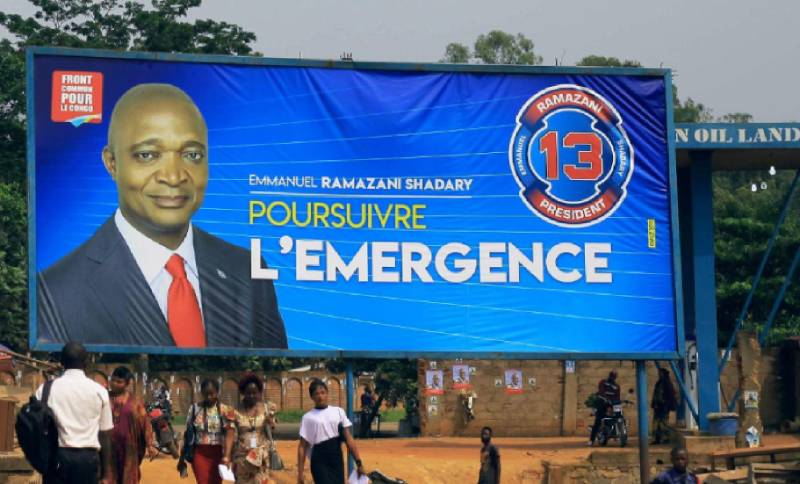
Voters in three Congolese cities known as opposition strongholds will be excluded from presidential elections on security and health grounds, officials said, in a move that looks certain to inflame political tensions before Sunday’s ballot.
The national electoral commission (CENI) said an Ebola outbreak - the second-worst in history - was behind the postponement of voting until March in the eastern Democratic Republic of Congo cities of Beni and Butembo and surrounding areas. It cited ethnic violence for the same delay in the western city of Yumbi.